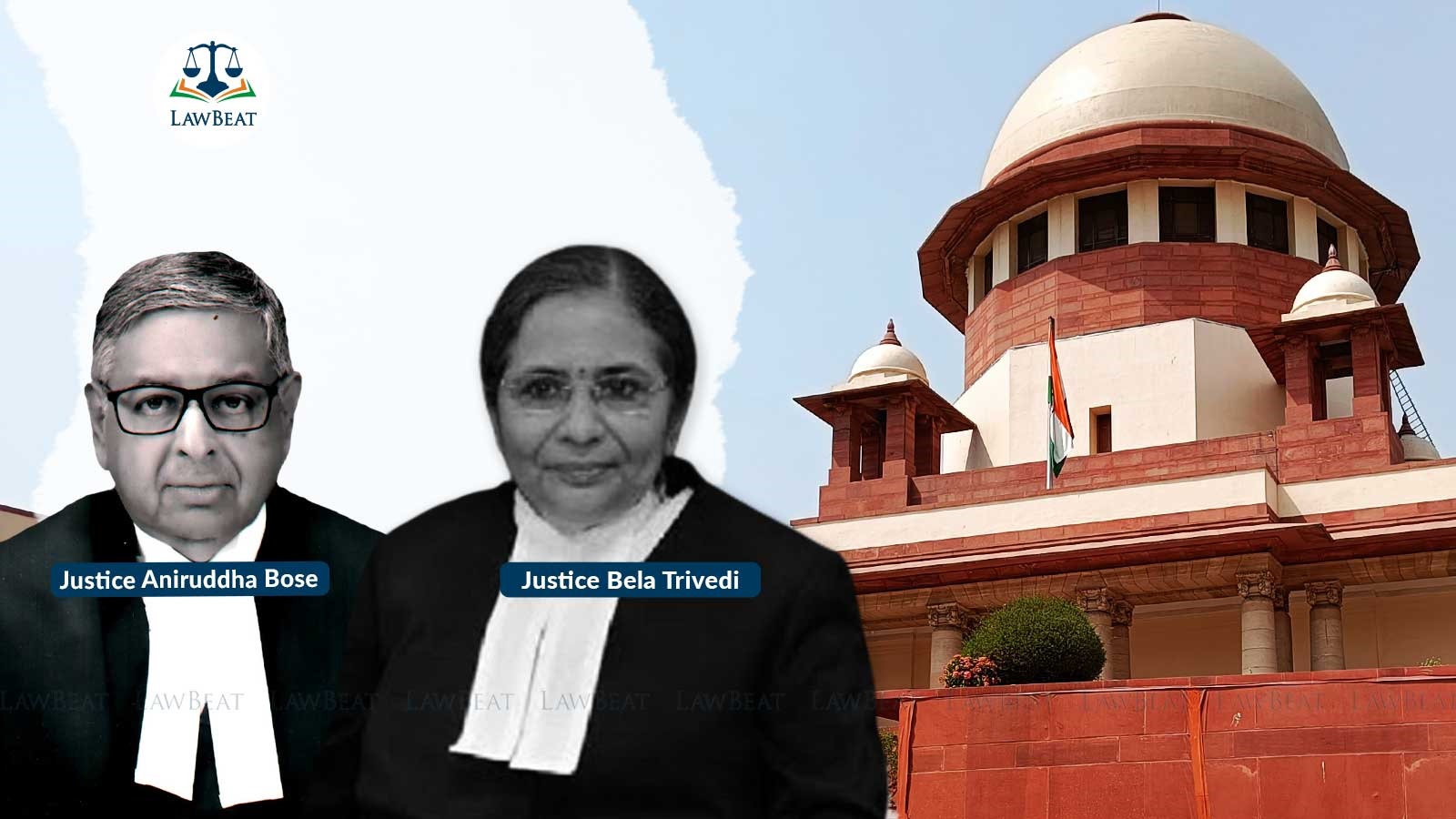'Marriage still a pious, spiritual, and invaluable emotional life-net': Supreme Court declines divorce to Octogenarian couple

Supreme Court has said that marriage is governed not only by the letters of law but by the social norms as well, so many other relationships stem from and thrive on the matrimonial relationships in the society so it would not be desirable to accept the formula of “irretrievable break down of marriage” as a straight-jacket formula for the grant of relief of divorce under Article 142 of the Constitution of India
Supreme Court has said "irretrievable break down of marriage” cannot be used as a straight-jacket formula to dissolve a marriage as despite increasing trend of filing divorce cases, marriage is still considered to be a pious, spiritual, and invaluable emotional life-net between the husband and the wife in the Indian society.
A bench of Justices Aniruddha Bose and Bela M Trivedi thus dismissed an appeal filed by 89-year-old retired Wing Commander against the High Court's single as well as division bench orders reversing the trial court's decision to grant divorce on the ground of cruelty and desertion.
Court rejected his plea to use its power under Article 142 of the Constitution to dissolve the marriage on the ground of having irretrievably broken down as parties had been living separately for many years.
It was contended that the acts of the respondent-wife in not joining the husband-appellant when he was transferred to Madras in 1984, and thereafter not taking care of the appellant though he had a heart problem, and subsequently making complaints to the Air Force Authorities against him to malign his image, amounted to be acts of “cruelty,” entitling him to a decree of divorce.
The 82-year-old wife opposed the plea, saying she had taken care of her three children since their marriage in 1963 and still ready and willing to take care of her husband and did not wish to leave him alone at this stage of life.
She also expressed her sentiments not wanting to die with the stigma of being a “divorcee” woman.
Court noted there was no dispute that the parties are staying separate since last many years and all the efforts to bring them together have failed.
"Under the circumstances one may presume that the marriage is emotionally dead and beyond salvation and that there is an irretrievable break down of marriage between the parties. However, the question is, should the irretrievable break down of marriage necessarily result into a decree of divorce to be granted under Article 142 of the Constitution of India", the bench asked.
Referring to the recent Constitution Bench decision in the case of Shilpa Shailesh vs Varun Sreenivasan (2023), the bench said there remained no shadow of doubt that this court could depart from the procedure as well as the substantive laws, and exercise its discretion under Article 142 for dissolving the marriage between the parties by balancing out the equities between the conflicting claims of the parties, however, such discretion should be exercised with great care and caution.
Constitution bench had also laid down that this discretionary power could be exercised for dissolving the marriage on the ground of its irretrievable break down to do “complete justice,” though one of the spouses opposes the prayer for dissolution of marriage, the bench pointed out.
"However, in our opinion, one should not be oblivious to the fact that the institution of marriage occupies an important place and plays an important role in the society. Despite the increasing trend of filing the divorce proceedings in the courts of law, the institution of marriage is still considered to be a pious, spiritual, and invaluable emotional life-net between the husband and the wife in the Indian society," the bench said.
"It is governed not only by the letters of law but by the social norms as well. So many other relationships stem from and thrive on the matrimonial relationships in the society. Therefore, it would not be desirable to accept the formula of “irretrievable break down of marriage” as a strait-jacket formula for the grant of relief of divorce under Article 142 of the Constitution of India," it added.
Coming back to the facts of the case and sentiments expressed by the wife, the bench said, exercising the discretion in favour of the appellant under Article 142 by dissolving the marriage between parties on the ground that the marriage has irretrievably broken down, would not be doing “complete justice” to the parties, would rather be doing injustice to the respondent.
Case Title: DR. NIRMAL SINGH PANESAR vs. MRS. PARAMJIT KAUR PANESAR @ AJINDER KAUR PANESAR
